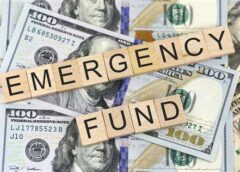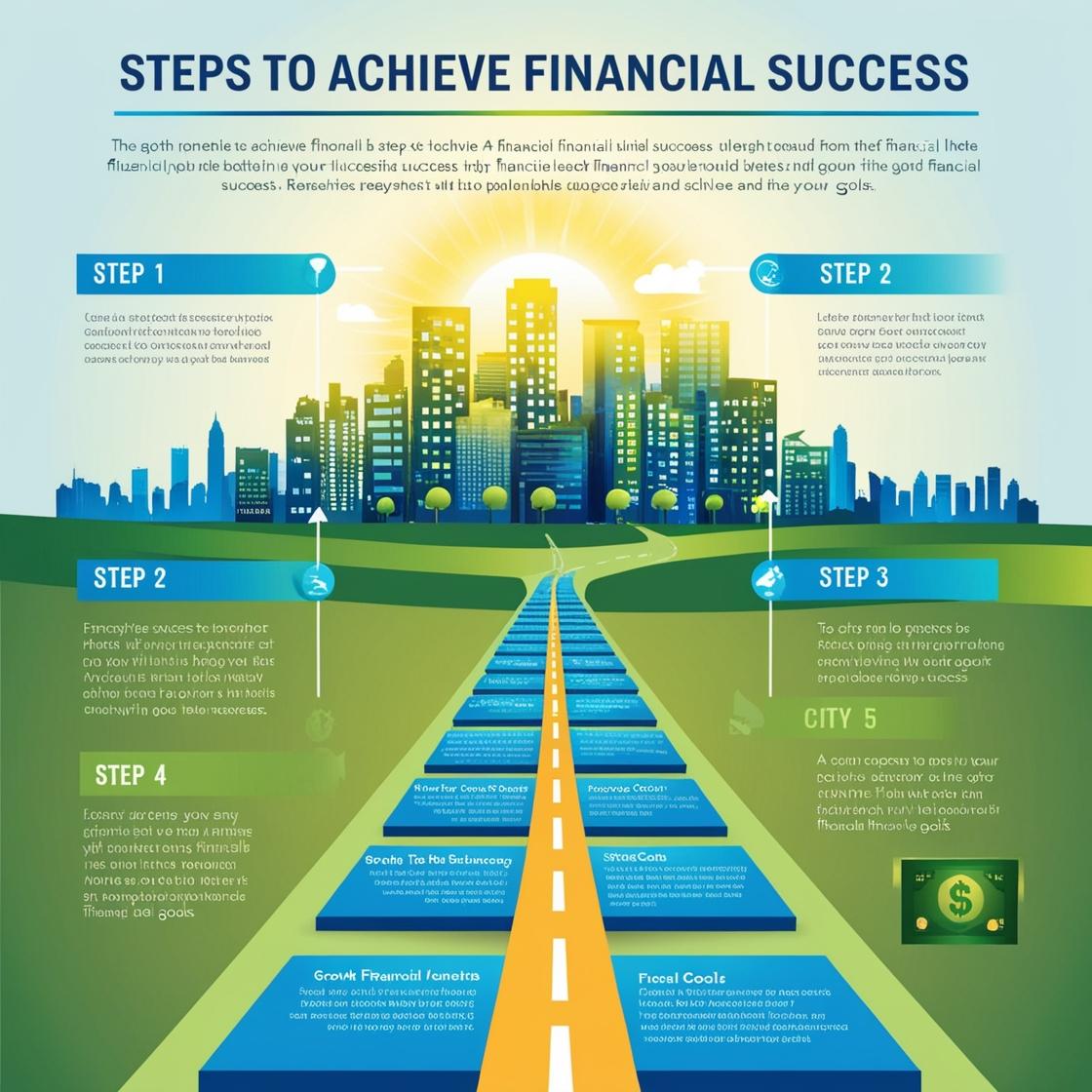
An emergency fund is a financial safety net you can rely on if a major unexpected event happens in your life. At the same time, it can help you earn interest and reach your financial goals. Unlike rainy day funds that aren’t meant for smaller, one-off expenses, an emergency fund is there to help in significant times of crisis. People commonly use emergency funds for:
- Job loss
- Major illness or injury
- Major home repairs caused by natural disasters, water leaks, mold, etc.
When should I use my emergency savings?
Emergency funds should be used for major emergencies and not for expenses you forgot to plan for, like birthday gifts, car tag renewals, property taxes, etc.
If you can answer “yes” to these two questions, it’s most likely an emergency.
- Is this an urgent expense?
- Is it unexpected?
5 steps to build an emergency fund
Here’s a step-by-step guide on how to start an emergency fund.
- Create a budget. You won’t know how much you’ll need to save each month for your emergency fund until you know how much you spend each month. That starts with creating a budget. There are also a number of budgeting apps available to download.
- Decide how much to save. If you’re just starting your emergency fund, set a smaller goal of Ksh 500 or Ksh1,000. Once you get there, you can set a higher goal of three to six months’ of expenses, depending on your needs.
- Decide where you’ll keep your money. There are six types of accounts you can use for your emergency fund. Start out with a high-yield savings account from a CIC Money Market Fund – CIC Kenya (cicinsurancegroup.com)
- Automate your savings. Set your bank accounts up so that part of your pay-cheque goes to your emergency fund each time you get paid.
- Save away unexpected money. Boost your emergency fund by saving any extra money you receive throughout the year, such as birthday or holiday money, work bonuses, tax refunds, credit or debit card rewards and so on.



